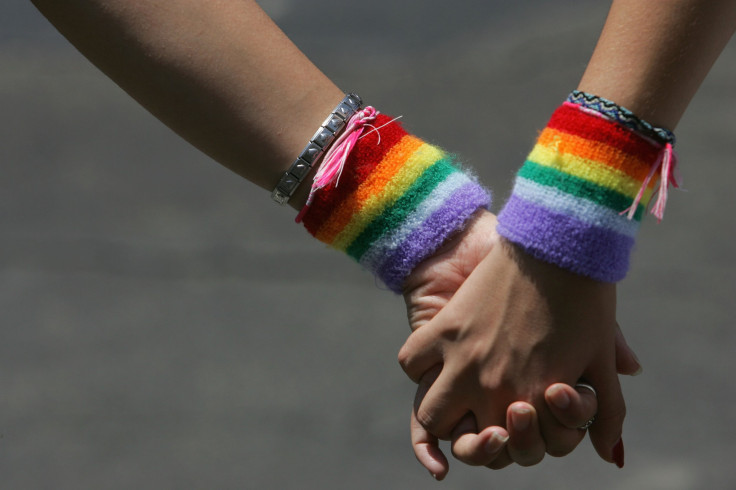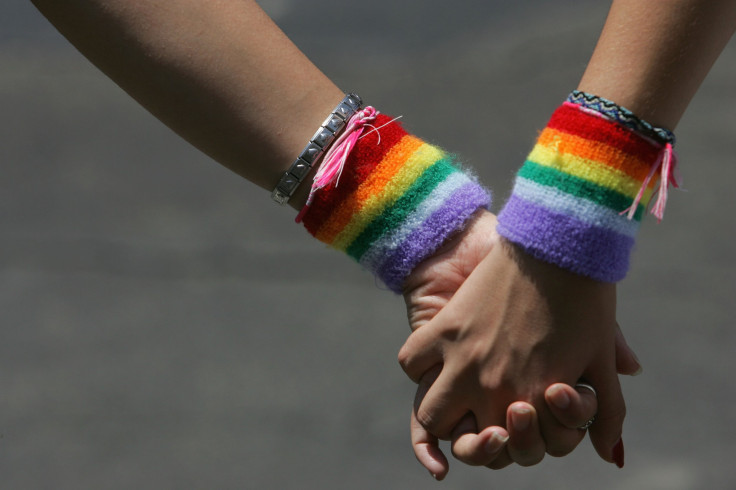Obesity Epidemic Strikes Lesbian And Bisexual Women Hardest; Newly Tailored Weight Loss Plan May Help

Across the country, more than one-third of Americans are obese, and according to a new study published in the journal Women’s Health Issues, a disproportionate amount of them are lesbians or bisexual women. Thanks to a multi-institutional effort, leading experts have joined forces to launch the Healthy Weight in Lesbian and Bisexual Women initiative, and have designed a series of weight loss plans to get the women healthy.
"The main goal of this study was to create safe and supportive environments across the country where lesbian and bisexual women could solely focus on their health," said the study’s lead author Jane McElroy, an associate professor at the University of Missouri’s School of Medicine, in a statement. "We are hopeful that these results will motivate other communities to develop tailored interventions to support lesbian and bisexual women achieving the active healthy lives they desire."
For the study, researchers recruited 266 women from various cities throughout California, Missouri, and Maryland, along with Washington D.C. and New York City, to try out five different intervention programs with the use of a pedometer, gym membership, or mindfulness. Each program had several objectives: to increase the consumption of fruits and vegetables; reduce sugary beverage and alcohol intake; increase the amount and difficulty of exercise participants clocked in each week; improve their mental quality of life; and decrease their weight and waistlines by five percent.
After 12 to 16 weeks, researchers compared the group’s overall performance and health to 67 women who did not engage in the intervention program. Not only were lesbian and bisexual women able to increase the total amount of exercise they got each week by 20 percent, they were also significantly more likely to lose 5 percent in their waistlines compared to the control group.

This is the first program tailored for lesbians and bisexuals to come together for weekly group meets in an effort to collaboratively tackle any health hurdles they confronted together, and on an individual basis. Researchers believe that by bringing the women together, they can encourage a team effort that results in greater strides for change.
The medical community first became aware of weight problems among lesbian and bisexual women nearly two decades ago, but it wasn’t until data was collected from the 2002 National Survey of Family Growth that researchers had hard evidence about the problem. Nearly 75 percent of all lesbians were overweight or obese. In fact, they found lesbian women were more likely to be overweight and obese compared to any other female sexual orientation group. The findings helped researchers begin to formulate strategies to lower their weight, up physical activity, and improve overall health.
Further research conducted at the Brigham and Women’s Hospital in Boston explored the possible reasons why lesbians and bisexual women are at such high risk for gaining weight. When the gay community was interviewed, researchers found lesbians were more likely to view themselves at a healthier weight than they really were, and because gay and bisexual men had a greater desire for acquiring toned muscles, they tended to stay fitter than lesbians.
Experts at the Healthy Weight in Lesbian and Bisexual Women initiative hope that their five-part intervention program, designed for this unique pocket of women at risk for obesity, will curb the health disparity and bring equality of a different sort.
Source: McElroy JA, Minnis AM, and Haynes SG, et al. Healthy Weight in Lesbian and Bisexual Women Aged 40 and Older: An Effective Intervention in 10 Cities Using Tailored Approaches. Women’s Health Issues. 2016.



























